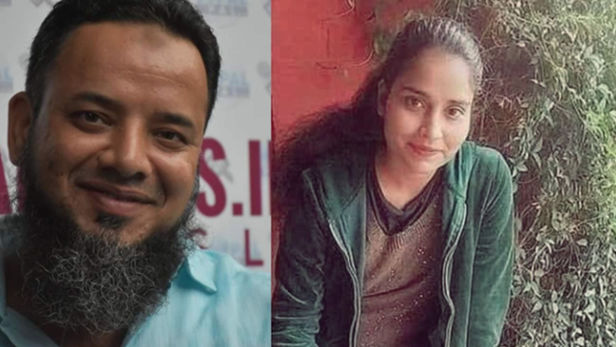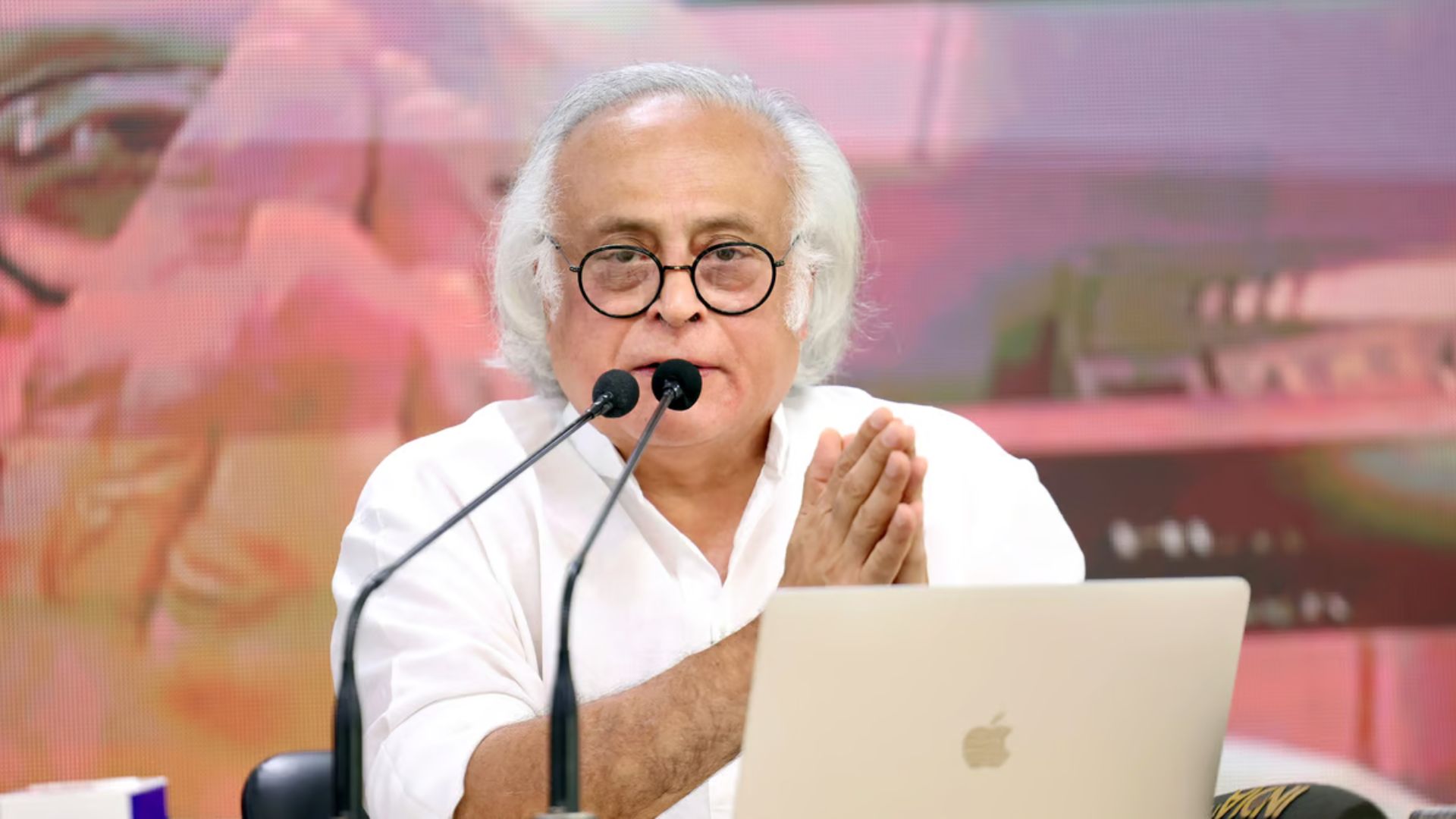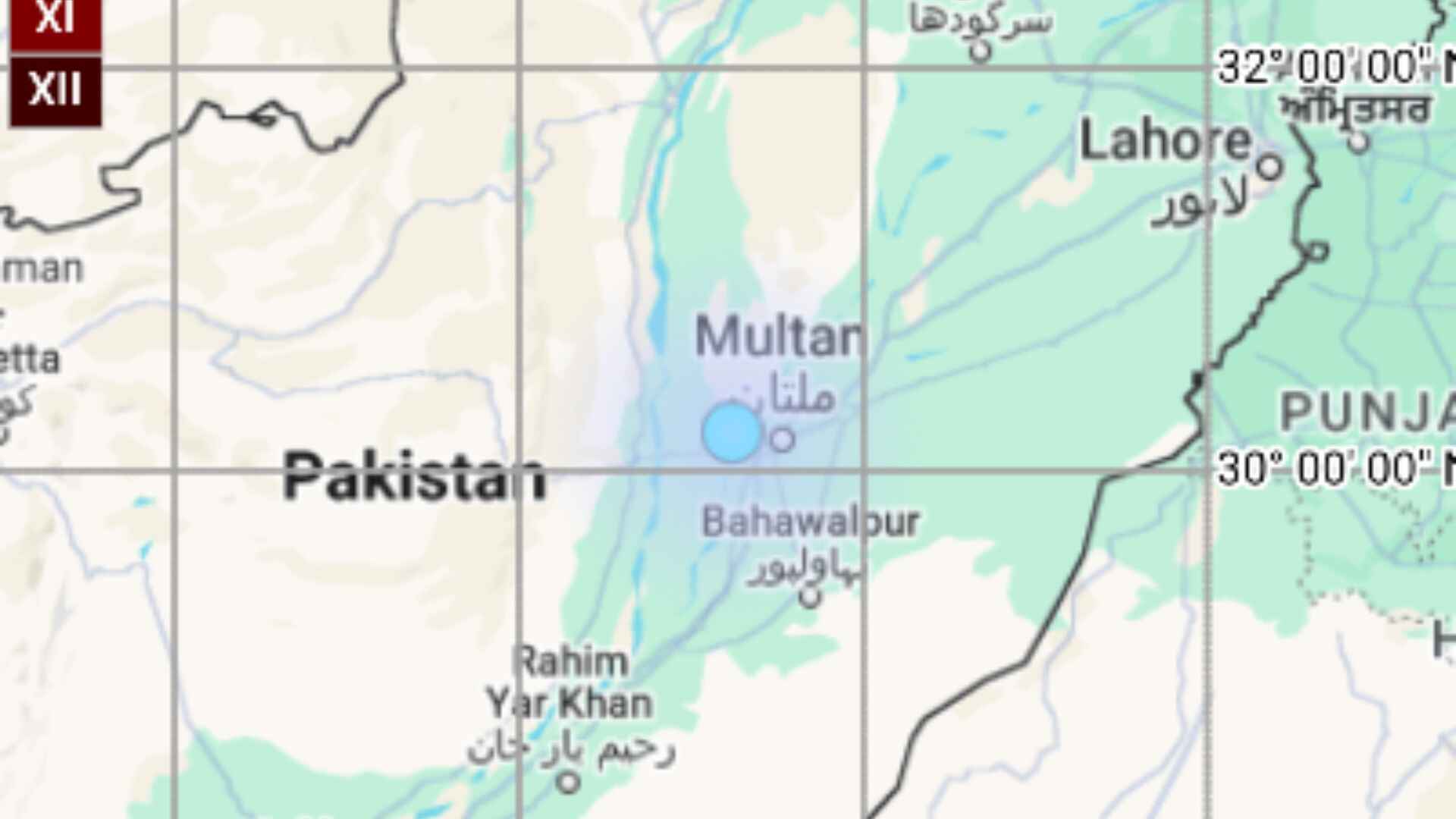Three individuals were acquitted by a Delhi court in a 2014 murder case, which criticised the investigating officer. The court stated that innocent individuals had been wrongly put on trial, emphasising that the actual perpetrator is still at large. The investigation was described as “shoddy,” “manipulated,” and seemed to be a deliberate attempt to protect the real offender.
Additional Sessions Judge Dhirendra Rana was hearing the case involving the discovery of a decapitated and mutilated body in the Bawana area in December 2014. Three individuals were arrested for the alleged killing. The public prosecutor argued that the deceased, Manjeet, and the three accused were drug addicts. On the day of the incident, the victim refused to share drugs with the accused, leading to a dispute and subsequent murder.
In a recent judgment, the judge highlighted the absence of any drugs in the blood samples of the accused and the deceased. This contradicted the prosecution’s claim that they were consuming drugs at the scene and had an altercation over sharing, resulting in murder.
The court questioned how a blade, the alleged weapon, could be used to decapitate and mutilate the body to the extent of exposing chest bones. It criticized the investigating officer for not making an effort to locate the victim’s head and noted that the victim’s head and chest bones were mutilated after death, with the heart missing.
The court suggested that the crime scene indicated potential involvement in occult practices or religious acts. It expressed skepticism about the drug consumption theory and suggested the case prima facie appeared to be related to human sacrifice.
After acquitting the trio of murder charges, the court stated that the prosecution failed to prove the case beyond a reasonable doubt. It emphasized that the collected evidence was not proven as per the law, and the investigation seemed flawed and manipulated.















